If journalism is good, it is controversial, by its nature
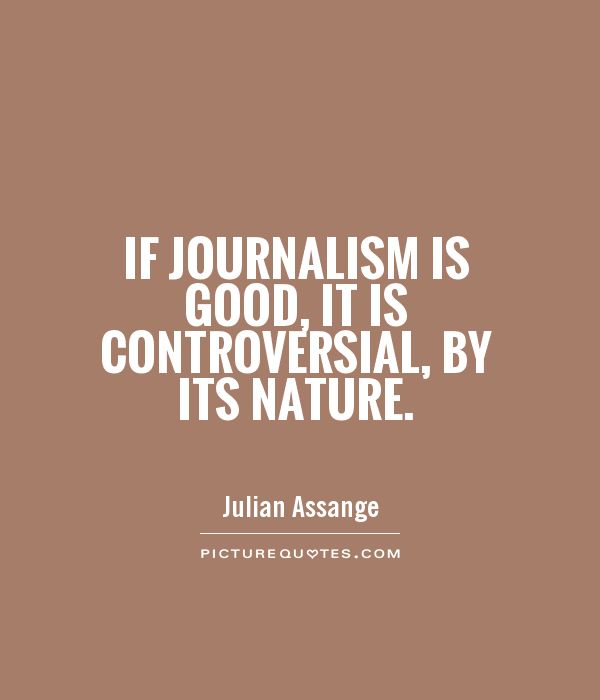
If journalism is good, it is controversial, by its nature
Julian Assange, the founder of WikiLeaks, is a figure who embodies the idea that good journalism is inherently controversial. Throughout his career, Assange has been at the center of numerous high-profile controversies, from the release of classified government documents to his ongoing legal battles with various governments. His work has sparked intense debate about the role of journalism in society and the boundaries of press freedom.Assange's words and actions have often been polarizing, with some viewing him as a hero for exposing government corruption and human rights abuses, while others see him as a dangerous provocateur who puts lives at risk with his disclosures. Regardless of one's opinion of Assange, it is undeniable that his work has had a significant impact on the world of journalism and the way information is disseminated.
Assange himself has spoken about the controversial nature of journalism, stating that "if journalism is good, it is controversial, by its nature." He believes that true journalism should challenge the status quo and hold those in power accountable, even if it means facing backlash and criticism. Assange has certainly lived up to this ideal, as his work has often put him in direct conflict with governments and powerful institutions.
One of the most famous examples of Assange's controversial journalism is the release of classified government documents, including the Iraq and Afghanistan war logs, diplomatic cables, and the Guantanamo files. These leaks shed light on the inner workings of governments and exposed human rights abuses and corruption on a global scale. While some praised Assange for his bravery and commitment to transparency, others condemned him for putting lives at risk and compromising national security.
Assange's legal troubles have only added to the controversy surrounding him. He has been embroiled in a long-running legal battle with the United States over his role in the publication of classified documents, and he has faced extradition to Sweden on sexual assault charges. Assange's supporters argue that he is being persecuted for his journalism, while his critics believe that he should be held accountable for his actions.
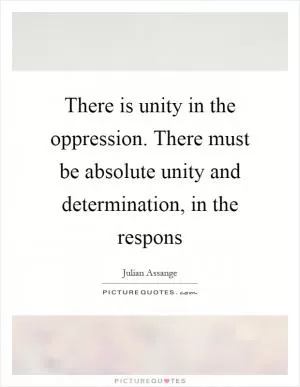




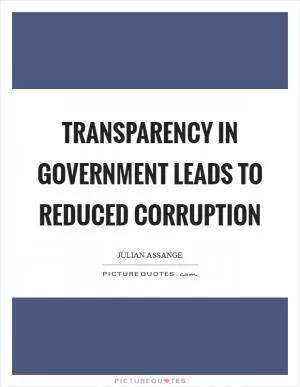


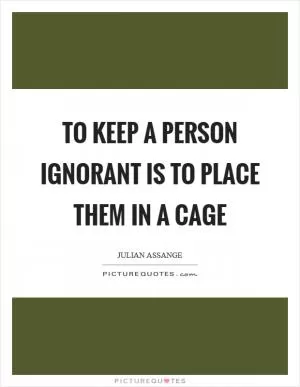

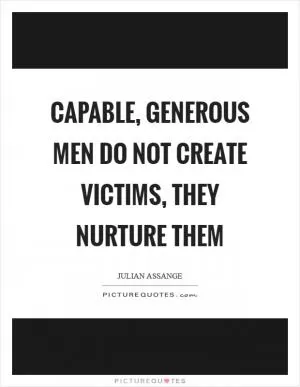

 Friendship Quotes
Friendship Quotes Love Quotes
Love Quotes Life Quotes
Life Quotes Funny Quotes
Funny Quotes Motivational Quotes
Motivational Quotes Inspirational Quotes
Inspirational Quotes